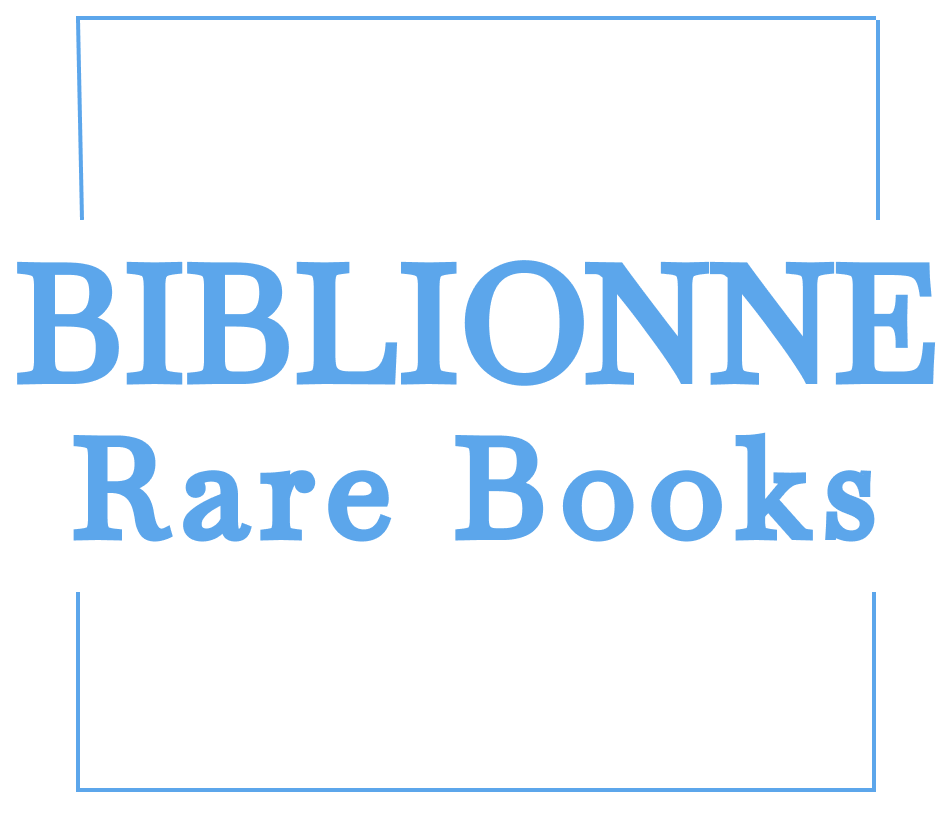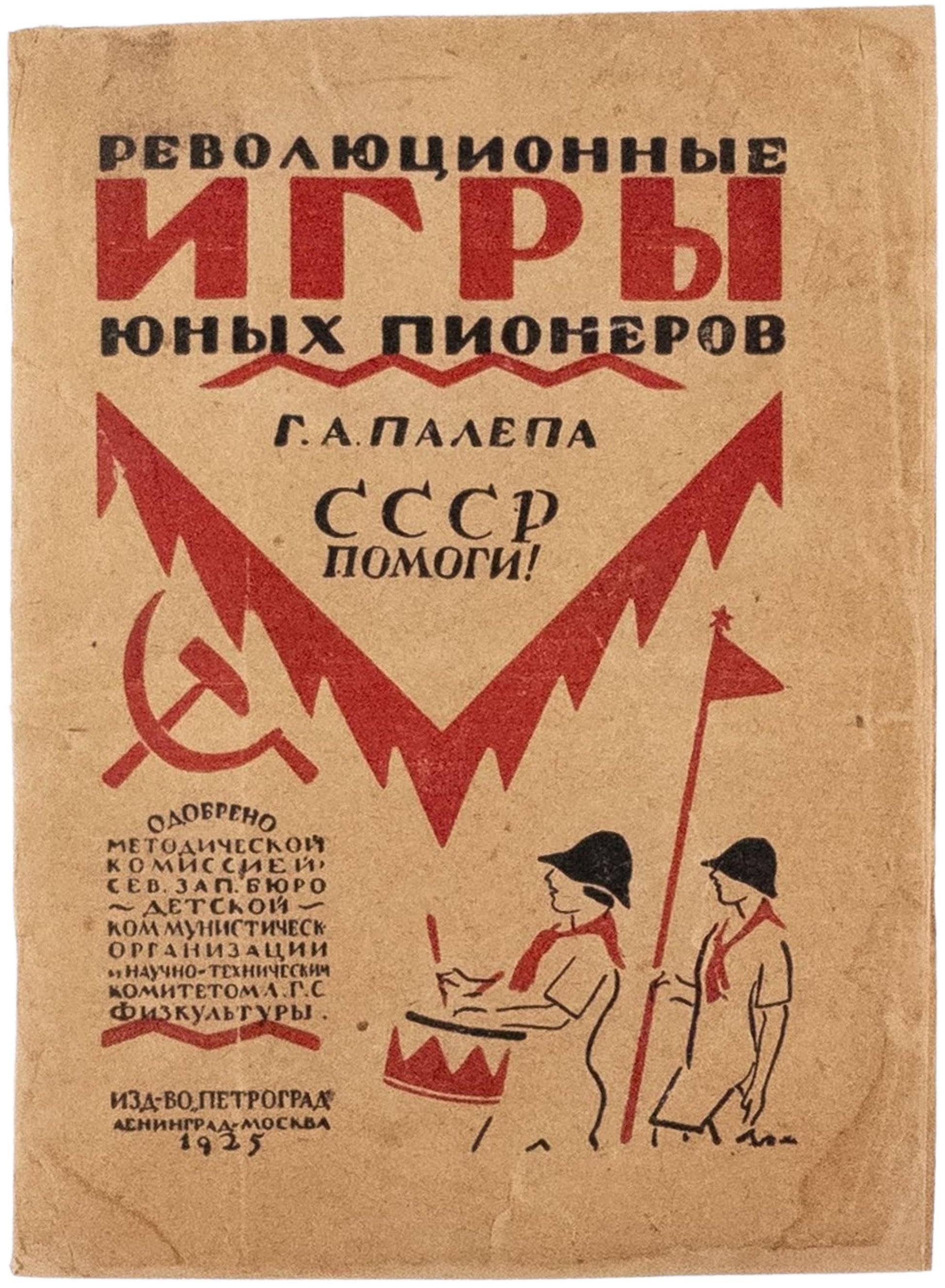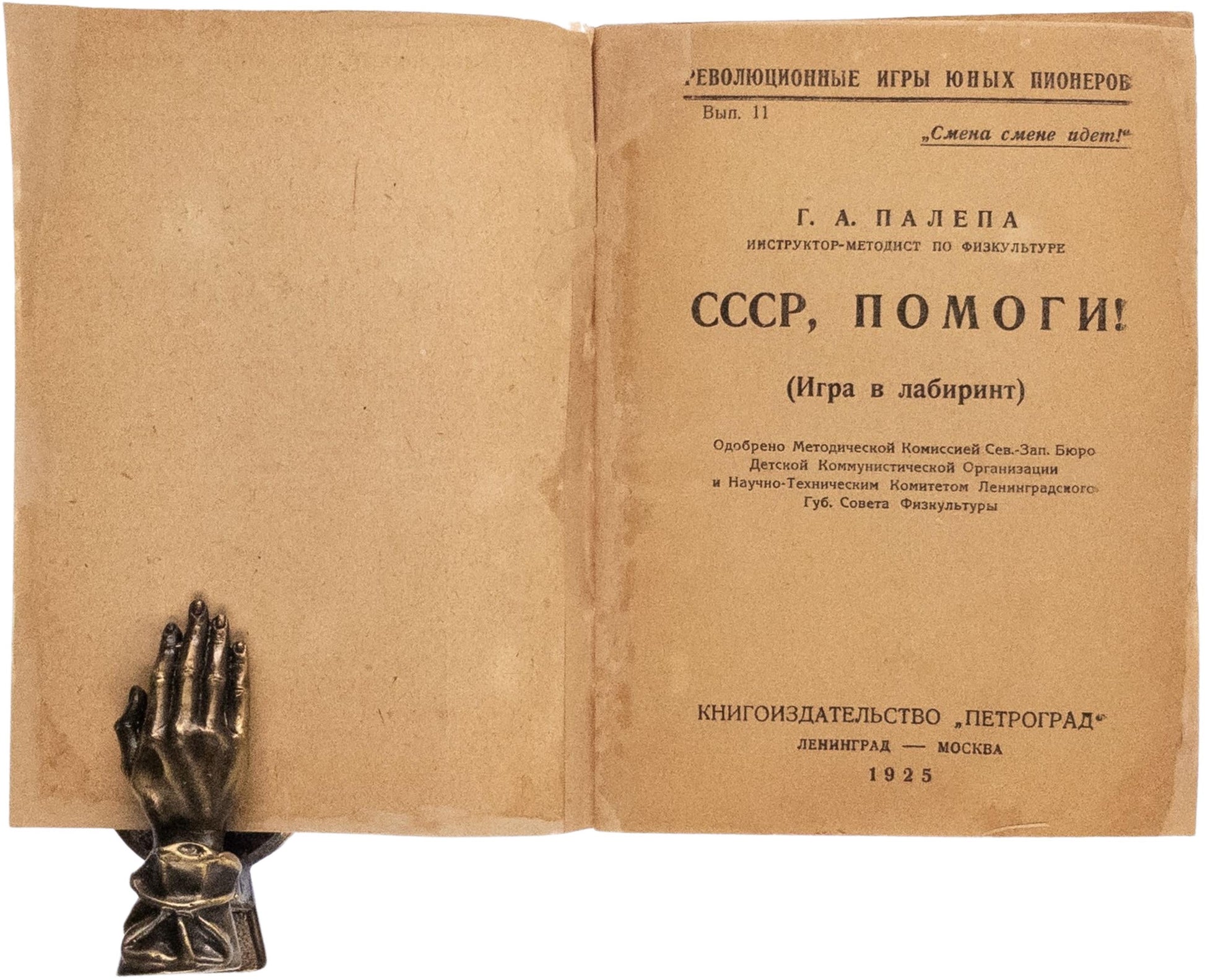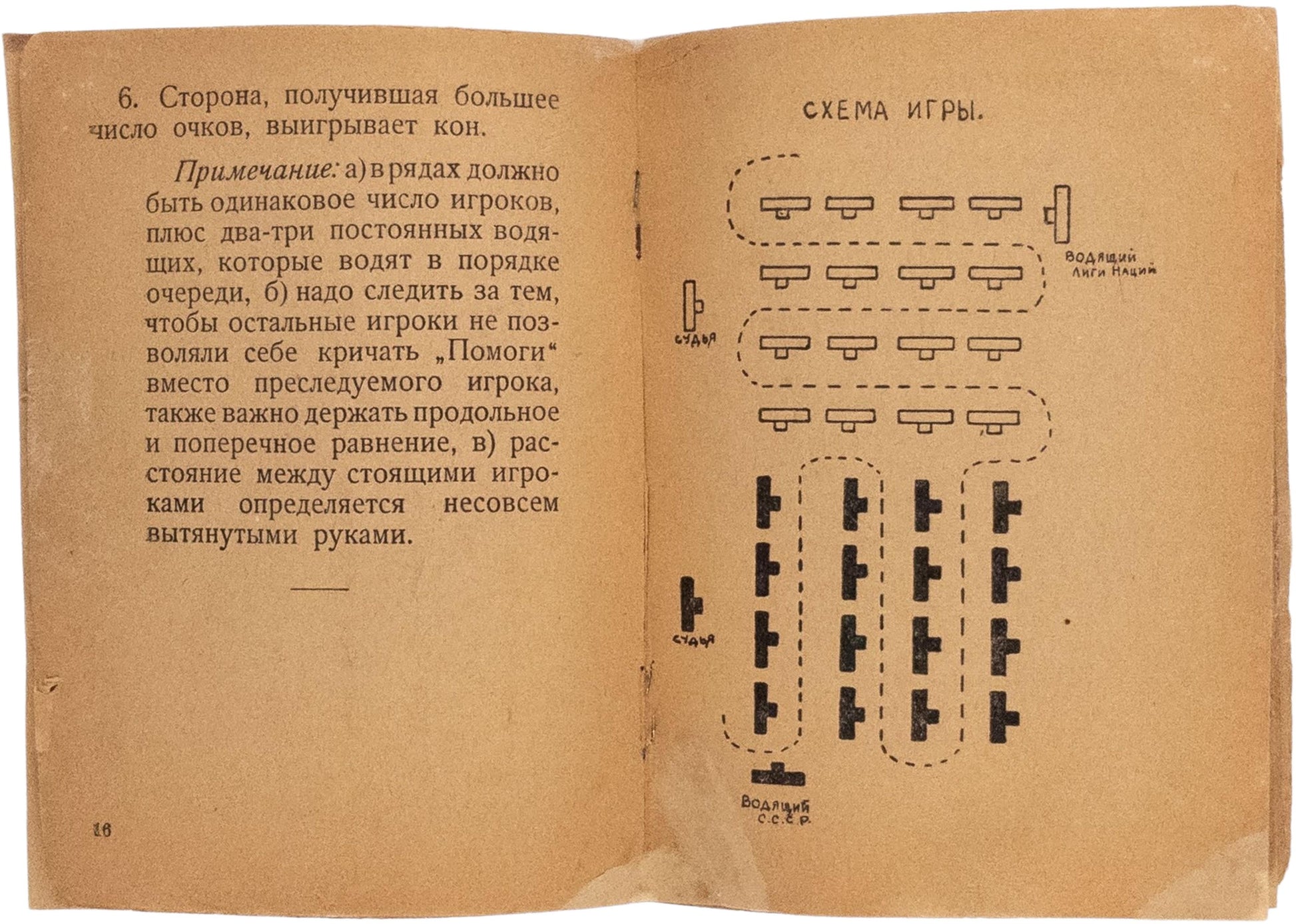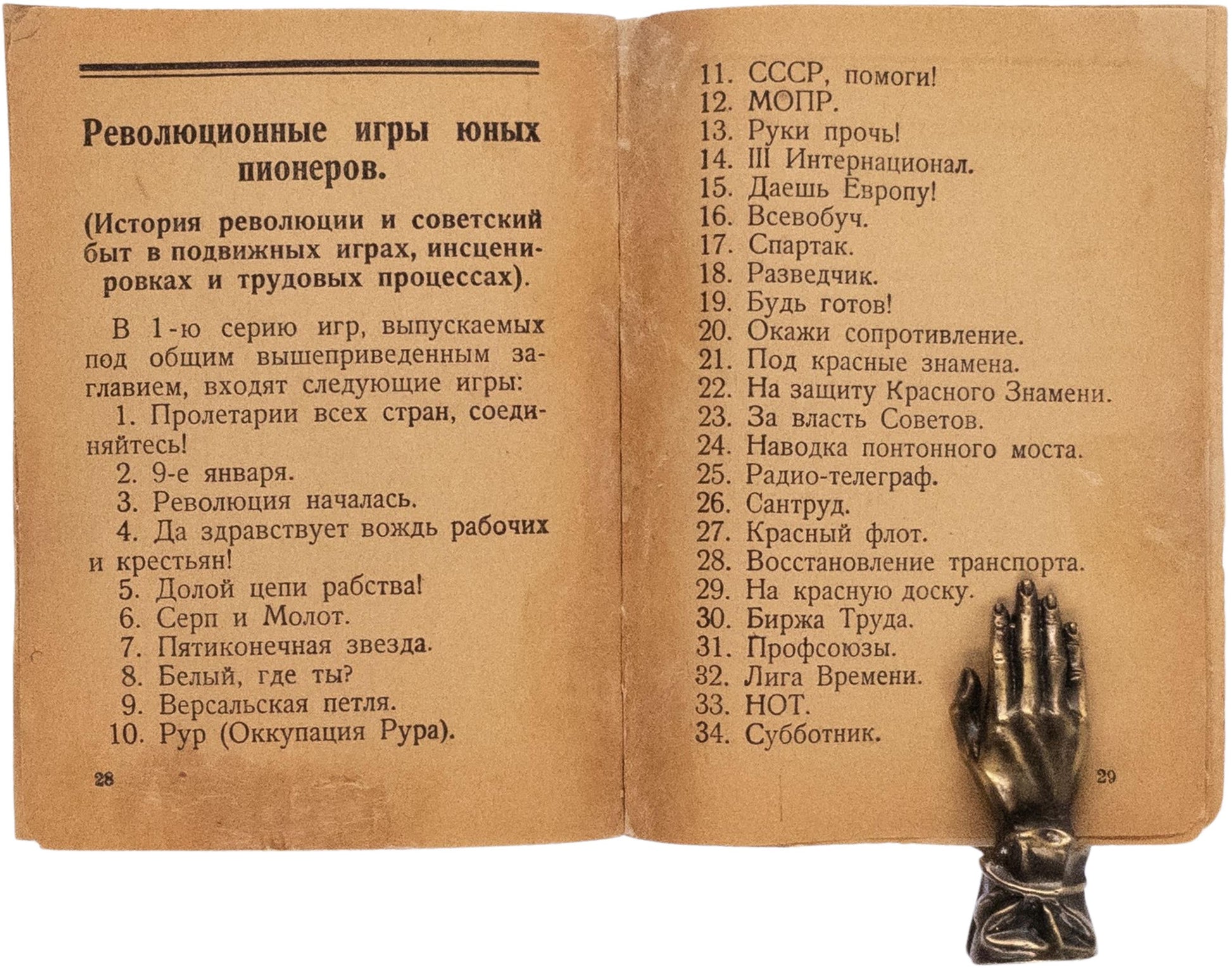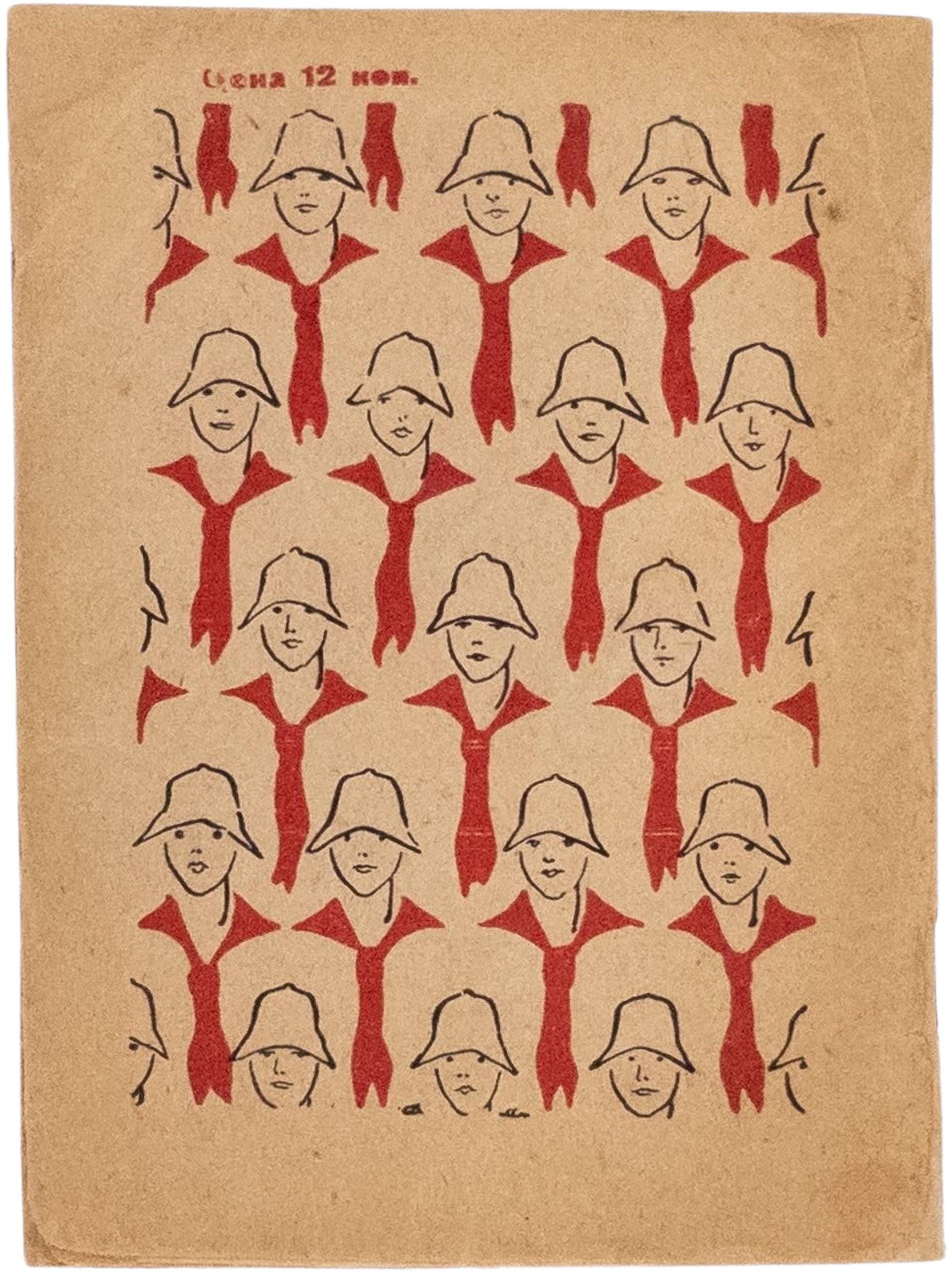Palepa, G.
USSR, Help!: (A Maze Game). A rare book from a series of outdoor games promoting Soviet propaganda to children.
USSR, Help!: (A Maze Game). A rare book from a series of outdoor games promoting Soviet propaganda to children.
Couldn't load pickup availability
Palepa, G. [USSR, Help!: (A Maze Game)]. SSSR, Pomogi!: (Igra v labirint).
Series [Revolutionary Games of Young Pioneers] Revoliutsionnye igry unykh pionerov, No 11.
Leningrad-Moskva, Izd-vo “Petrograd”, 1925.
16mo, 30, [2] pp., ill.
In original pictorial wrappers.
Near good condition, restored along spine and with repair to cover edges and title, rubbed, lightly soiled, some dampstaining.
A rare book from a series of outdoor games promoting Soviet propaganda to children. First edition. One of 12 000 copies published.
One notable example of such games was the series ‘Revolutionary Games of Young Pioneers’, first published in 1925. The series, consisting of approximately 40 issues, featured games designed to reinforce Soviet ideals. Each book contained one game, with the description of its rules preceded by a short story illustrating the historical or ideological basis of the plot—such as the centuries-old struggle of the working class, the defense of the USSR against external threats, and significant international events.
This particular issue, titled ‘USSR, Help!’, presents a game in which the USSR—the only country powered by workers and peasants—fights against the League of Nations, depicted as an organization that ‘subordinates everyone to the capitalists of the great powers’. It is a large-scale game, accommodating up to 100 children, with some participants representing oppressed nations such as Bessarabia, Belarus, or the Ruhr region. The players from the USSR must rescue them and evade the League of Nations players. One of the main goals of this game was to emphasize that the USSR was ‘the only country on the planet where national minorities receive respect and liberty’.
Interestingly, in 1936, the introduction of political content into games was condemned as pedagogically harmful, as it allowed children to take on the roles of negative characters such as capitalists, White soldiers, or fascists. As a result, this series of game books was banned.
The book's author was Grigorii Palepa (1886–1976), an athlete and a member of the Russian Olympic team at the 1912 Summer Olympics in Stockholm. During participating in the Great War, he was captured and spent several years in a German prison camp. Upon his return in 1918, he became a graphic artist and a physical education instructor-methodologist.
At the end of this issue, a list of other games from the series is published.
We couldn’t trace any copy of this edition in the USA or European libraries via OCLC.





